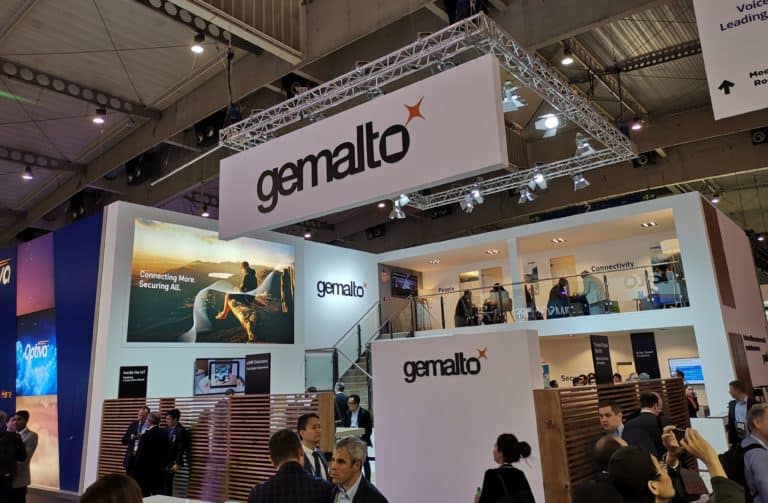Thales says it has now acquired almost 86 percent of Gemalto’s shares. The bid must be completed on 2 April, according to De Telegraaf. For the other shares, a post-acceptance period of two weeks will be introduced on 1 April.
Thales is the largest defence electronics manufacturer in the European Union. The French government is the largest shareholder in the company. By acquiring Gemalto, Thales hopes to gain a larger share in the growing security services market. This market includes encryption and biometric passports.
In December 2017, Thales reached an agreement to acquire the company for almost 4.8 million euros. Thales wants to combine its digital business with Gemalto, although the company continues to do business under its own brand. If Thales actually owns 95% of the shares, there will probably be a so-called smoke-out procedure. In April, Gemalto is officially included in the books of Thales.
Gemalto is currently listed in Amsterdam and Paris. These stock exchanges will be closed down as soon as possible, although it is not yet known exactly when this will happen.
This news article was automatically translated from Dutch to give Techzine.eu a head start. All news articles after September 1, 2019 are written in native English and NOT translated. All our background stories are written in native English as well. For more information read our launch article.